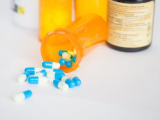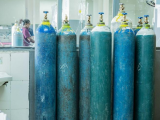In contrast to the monolithic US Food and Drug Administration (FDA), drug regulators in each of India's 28 states are charged with drug approval and oversight, and there is no single database listing all approved drugs, T said.
The country is also home to unregulated, cash-only drug companies that ship medications, including some of dubious quality, within India and abroad, according to The Print. "The regulatory process is weak and many people in the authorities are corrupt," said the managing director of one such firm.
Some Indian pharma firms have even been the subject of criminal complaints. For example, in 2013, the drug testing lab in Chennai found that an oral formulation that was supposed to contain the diabetes drug glipizide did not contain it. Instead, it contained glibenclamide, which Thakur said should not be used as a substitute for glipizide without a doctor's advice. The incident was suspected to be profit-driven, because glipizide is four times more expensive than glibenclamide, but no one was ever arrested.
Children pay the price
In the Hindu interview, Thakur said drug regulation in India is a function of states' individual capacities. "Most labs across States only test for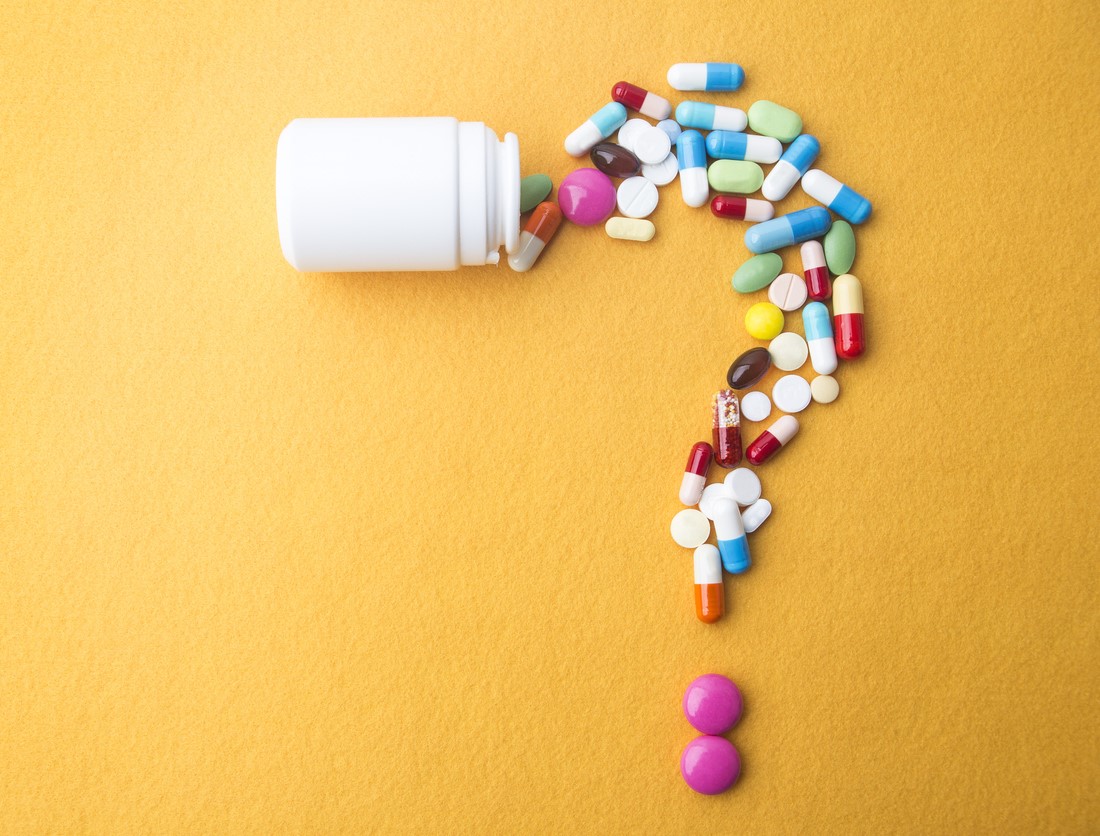 whether the drug contains enough of the active ingredient and not for whether it dissolves properly or if there are things in the medicine that ought not to be there," he said. "This is the situation even in Himachal Pradesh, the hub of pharmaceutical drug manufacturing in India."
whether the drug contains enough of the active ingredient and not for whether it dissolves properly or if there are things in the medicine that ought not to be there," he said. "This is the situation even in Himachal Pradesh, the hub of pharmaceutical drug manufacturing in India."
The spotty oversight, Thakur said, has had consequences for consumers in many countries—including India and the United States—over many years. "We [India] have had five previous instances of mass poisoning since 1972—in Gurgaon, Mumbai, Chennai—and in 2020 had a mass casualty event involving children in Jammu, and nothing has changed," he said.
However, the recent deaths from cough syrup contaminated with diethylene glycol (used in antifreeze) in Gambian and Uzbek children have elicited a recent global alert and call to action from the World Health Organization (WHO).
The Indian government temporarily halted drug production at Marion Biotech, maker of the cough syrup sold in Uzbekistan, and said seven employees had been fired and documents turned over to authorities for investigation. Maiden Pharmaceuticals, maker of the cough syrup linked to the Gambian deaths, also temporarily shut down, although Indian officials denied that the medications were tainted and complained that the WHO's accusations tarnished the image of Indian medications.
The Gambian and Uzbek deaths, plus those from another major adulteration incident in Indonesia from domestic-made cough syrup, brought 2022 total global child deaths from cough syrup-linked acute kidney injury to more than 300.
A 'cascade of failure'
Many recent drug and manufacturing deficiencies have been brought to light since the FDA restarted its inspections of foreign pharma plants after COVID-19 travel restrictions were lifted. In 2022, the FDA issued 466 Form 483s, the agency's response to an inspection finding "objectionable conditions" that could lead to manufacturing offenses, up from 215 in 2021 but down from 779 in 2019.
But a 2022 Government Accountability Office (GAO) report noted that FDA foreign inspections are dogged by time constraints, inspector shortages, and an advance-notice requirement, which gives companies time to prepare. The GAO urged the FDA to take additional steps to improve its program inspection.
Since 2016, there have been more than 120 FDA Form 483s citing objectionable conditions at factories in India.
India is far from the only country whose drug manufacturers were reprimanded with Form 483s. Pharmaceutical factories in both China and the United States have also had a number of Form 483s in recent years on inadequate production facilities and procedures, as well as other regulatory rebukes, warnings, and recalls.
Recent warnings have included potential sterility problems at a Texas drug-production facility, multiple lapses of quality standards at a Connecticut plant, hidden active ingredients in New Jersey, and incomplete batch-production records and active ingredient-covered floors and walls in Missouri.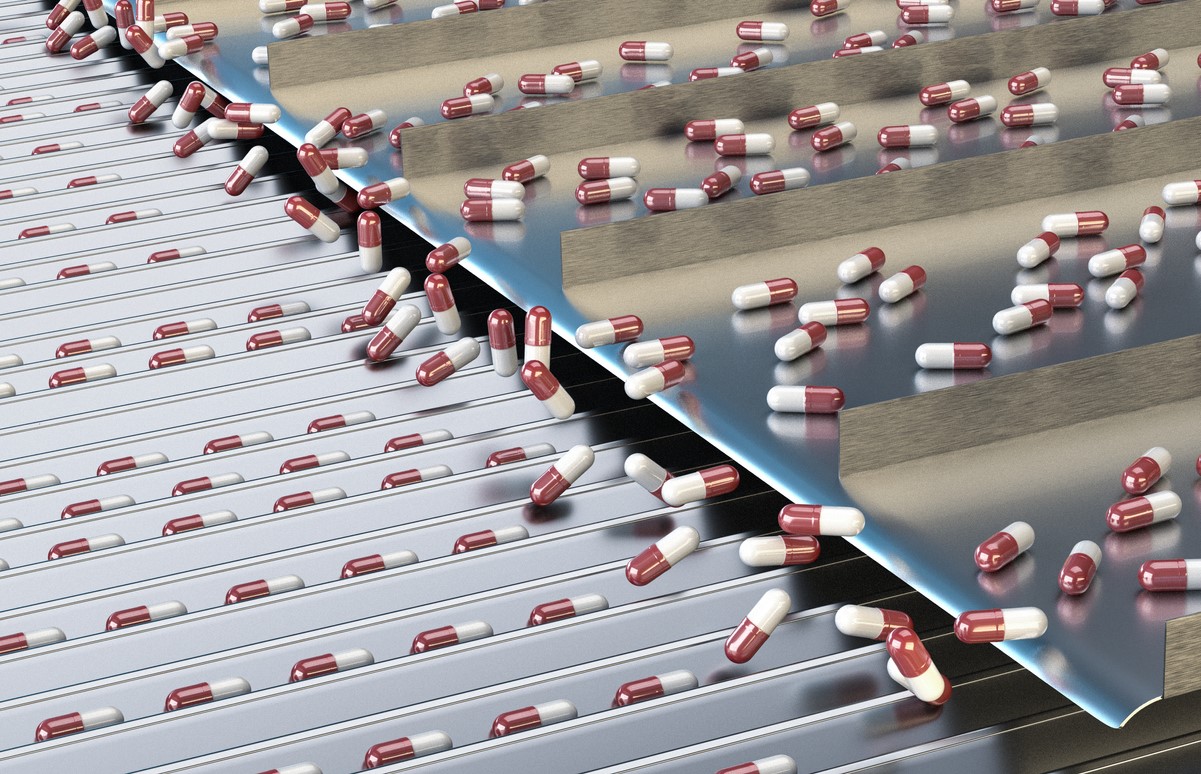
Other examples include adulterated diabetes drugs made in New Jersey, the resale of suspect drug ingredients from Florida, and at a plant in Pennsylvania, 10 lots of the sedative drug etomidate were recalled because of missing lot numbers and expiration dates and contamination with pieces of paper.
But as the FDA has begun working to address its international inspection backlog, India in particular has appeared frequently in its regulatory crosshairs. In 2022 and 2023, a string of serious offenses have been called out in India. Some examples in just the past few months include:
- Stat revealed that dozens of brands of the chemotherapy drug asparaginase, 10 of them still on the market, have been found to have low efficacy and contain contaminants such as bacteria. The drugs, most of them manufactured in India, have been shipped to more than 90 countries—many of them low- and middle-income nations. Experts estimated that 70,000 pediatric leukemia patients around the globe are at risk.
- The FDA sent an "official action" letter to Torrent Pharmaceuticals after a September inspection resulted in a warning. The agency observed substandard cleaning processes, damaged and aged equipment, and other issues. In 2019, the FDA implicated Torrent in the manufacture of medications for high blood pressure that contained the suspected cancer-causing agent nitrosamine.
- The FDA issued an import alert and later, a Form 483 to Intas Pharmaceuticals. The form cited a "cascade of failure," including shredded and acid-damaged documents, poor microbial-prevention practices, and low-quality validation, stability testing, and investigation of deviations and failures.
- Sun Pharmaceuticals received an FDA warning letter after the manufacturer failed to adequately address previously observed infractions such as poorly designed and ventilated clean rooms, dysfunctional vial-filling machinery, and lapses in sterile procedures.
- The oft-troubled pharmaceutical giant Lupin recalled 16,000 bottles of a tuberculosis drug from US markets after manufacturing flaws may have led to contamination. In October, for the third time in 5 weeks, the FDA reprimanded Lupin for five deficiencies after a preapproval inspection. In November, after a warning following a spring inspection, the company suspended the manufacturing of products bound for the US market that were made at a problematic active pharmaceutical ingredient (API) plant. Lupin said that several APIs were essential, sole-sourced medicines. In December, for the second time in recent months, Lupin recalled four batches of a blood-pressure medication after possible nitrosamine contamination.
Thakur told Stat that he believes the Indian government will resist "tightening the regulatory screws" because its pharmaceutical industry is a global manufacturing success story. "And it’s unfortunate, because if the pharma industry in India did the right things—making good manufacturing processes part of the standard way to do business, inspecting manufacturing plants, and prosecuting wrongdoers—it has the potential to grow ten times larger," he said.
In October, a half hour before their book was to be launched in Delhi, Thakur and T received a "menacing" legal notice from the national drug regulator saying they had undermined the "trust and faith of the public in the Indian drug regulatory system."
It is not a criminal offense.
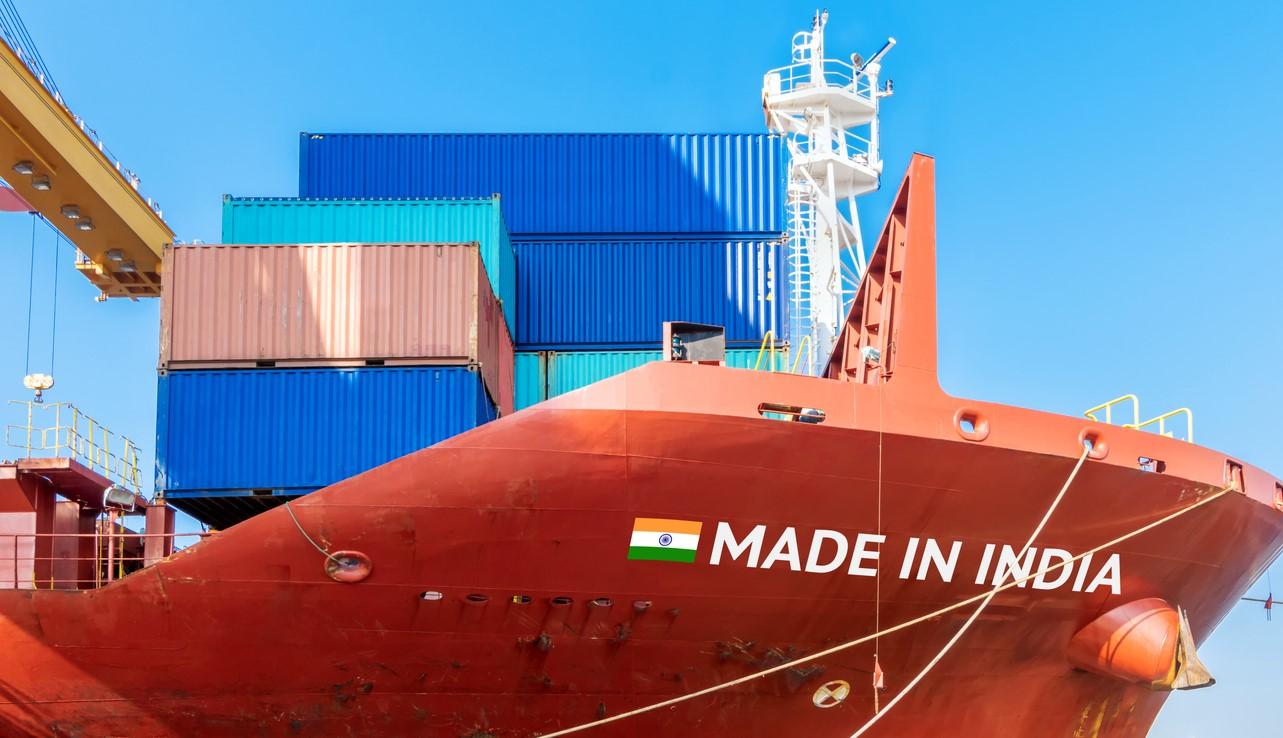
 whether the drug contains enough of the active ingredient and not for whether it dissolves properly or if there are things in the medicine that ought not to be there," he said. "This is the situation even in Himachal Pradesh, the hub of pharmaceutical drug manufacturing in India."
whether the drug contains enough of the active ingredient and not for whether it dissolves properly or if there are things in the medicine that ought not to be there," he said. "This is the situation even in Himachal Pradesh, the hub of pharmaceutical drug manufacturing in India."

